Medewerkers met het vakgebied Cultuurstudies
Wetenschap ontwikkelt zich waar verschillende vakgebieden samenkomen. Alleen al daarom bestaat er binnen de RUG een grote verscheidenheid aan vakgebieden, met daarbinnen een groot aantal vakspecialisten. Met behulp van onderstaand overzicht, gebaseerd op een vaststaande indeling van wetenschapsgebieden, vindt u op elk vakgebied de juiste deskundige. Komt de deskundige die u zoekt niet voor in deze lijst? Via een vergelijkbaar vakgebied of een gerelateerde faculteit vindt u mogelijk alsnog de juiste persoon.
Overzicht van alle vakgebieden
Mediated witnessing / Digital activism / Affect theory
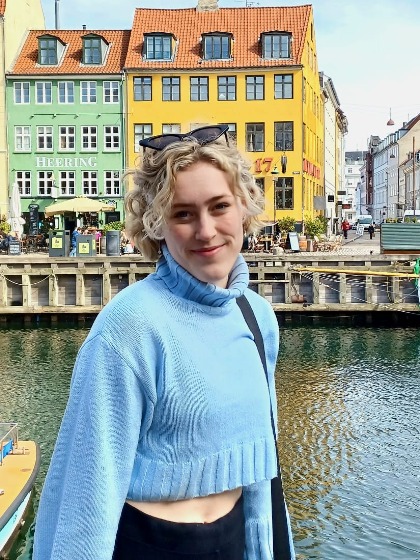
Contact
k.j.achterberg rug.nl
Functie
Onderzoeksmedewerker en docent
Vakgebied
Legal socialization, legal literacy, narrative studies, prison studies
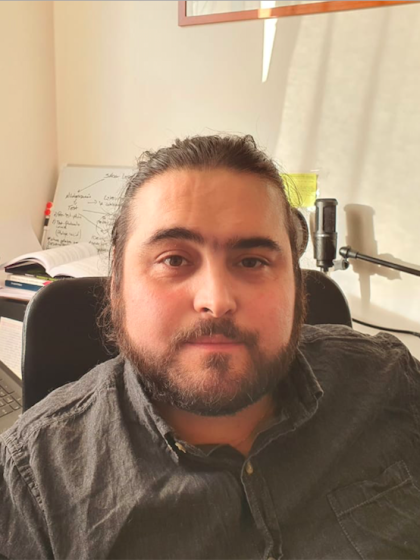
Contact
g.a.albornoz.barra rug.nl
Functie
PhD student
Vakgebied
English and Anglophone Literatures and Cultures; Human and More-than-Human Life Writing; Environmental Humanities; Ecocriticism; Travel and Mobility; Bildungsroman; Children’s Writing; Heterotopia; Diaspora; Transculturality.
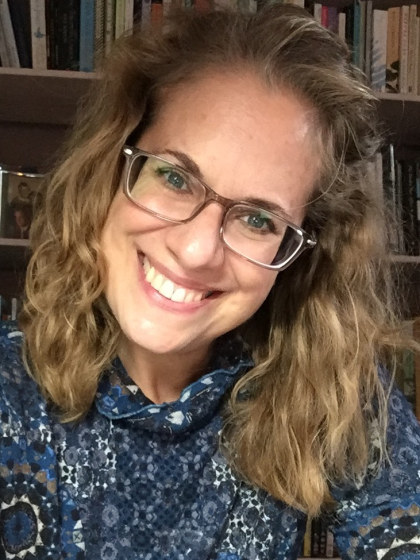
Contact
v.alexander rug.nl
Functie
Universitair docent
Geschiedenis van de Nederlandse taal; Vroegmoderne geschiedenis; Geschiedenis van Ostfriesland; Kerkgeschiedenis; Duitse literatuur; Toekomstliteratuur & Science-Fiction; het Interbellum
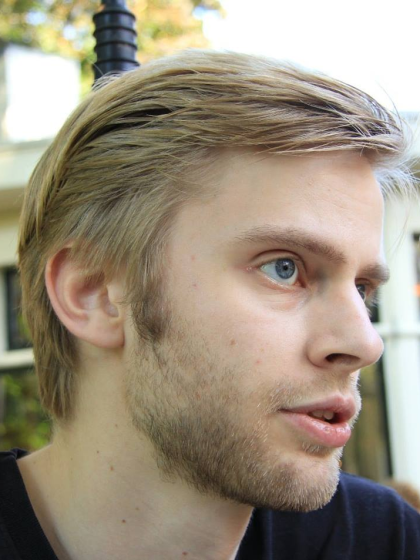
Contact
g.w.m.altena rug.nl
Functie
PhD student
Vakgebied
Julia Alting is a PhD candidate at the Groningen Research Institute for the Study of Culture (ICOG), where she researches nonlinear approaches to art historical time. Her research and writing have appeared in publications like Metropolis M, Rekto/Verso, ... lees meer
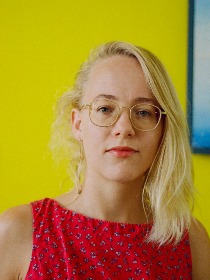
Contact
j.alting rug.nl
Functie
PhD Candidate
Modernism, Post-Modernism, the Enlightenment, Theory and Philosophy, Post-Humanism, Imperialism, Cultural Geography, Poetry, Poetics and Publishing
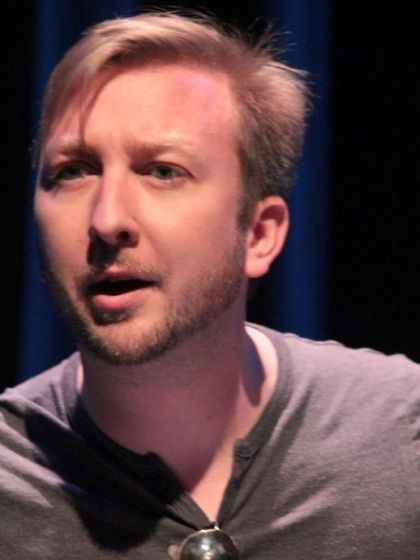
Contact
d.m.ashford rug.nl
Functie

Contact
l.n.bakker rug.nl
Functie
Promovendus
Critical Heritage Studies, heritage in post-conflict societies, contested heritage, culture, identity, representation, story-telling, nationhood, decolonisation
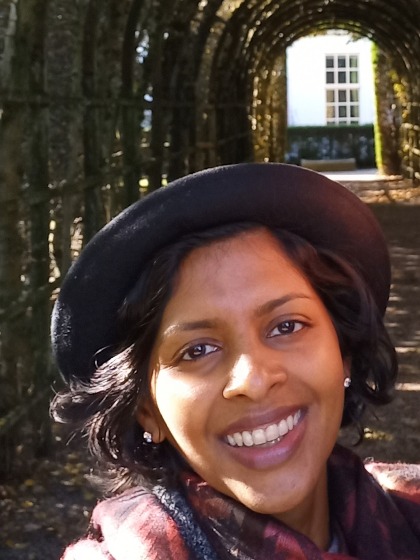
Contact
Functie
Universitair Docent Cultureel erfgoed en identiteit
As Professor of Auditing & Assurance at the University of Groningen (Faculty of Economics & Business, department of Accounting & Auditing) I take a special interest in the study of culture, leadership, and governance in the realm of the auditing and... lees meer
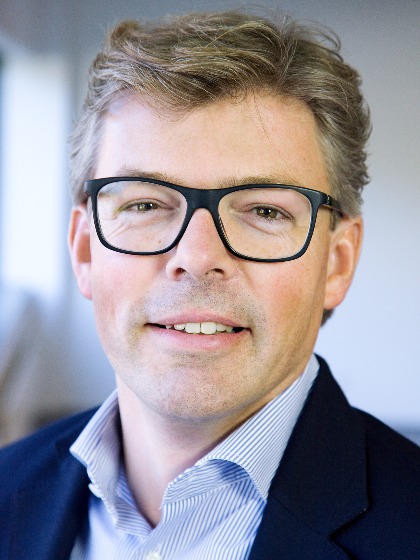
Contact
Functie
Professor in Audit & Assurance
Vakgebied
I am an Associate Researcher at the Chair Group of European Culture and Literature, Faculty of Arts (University of Groningen). I hold a PhD from the Graduate School for the Humanities (University of Groningen). My main area of interest is looking beyond... read more
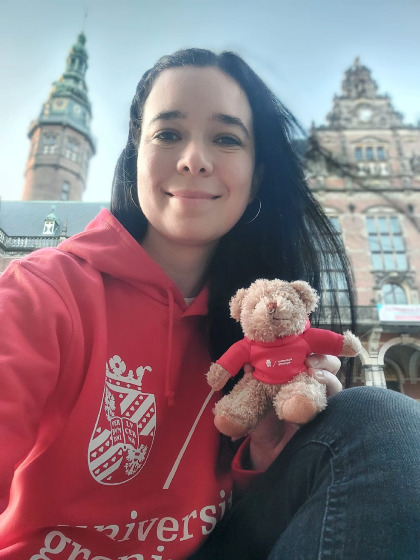
Contact
r.a.boegeholz rug.nl
Functie
PhD student
Dr. Leonieke Bolderman is Assistant Professor Geographies of Media and Culture at the University of Groningen, The Netherlands. Her research concerns the role of music, heritage and tourism in urban and regional development, as well as qualitative... lees meer
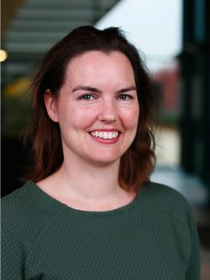
Contact
Functie
Assistant Professor Geographies of Media and Culture
Vakgebied
- Digital Media Use
- Digital Literacy
- Digital Inclusion
- Media Education in Schools
- Media and Migration
- Inter- and Transcultural Communication
- Digital Literacy
- Digital Inclusion
- Media Education in Schools
- Media and Migration
- Inter- and Transcultural Communication
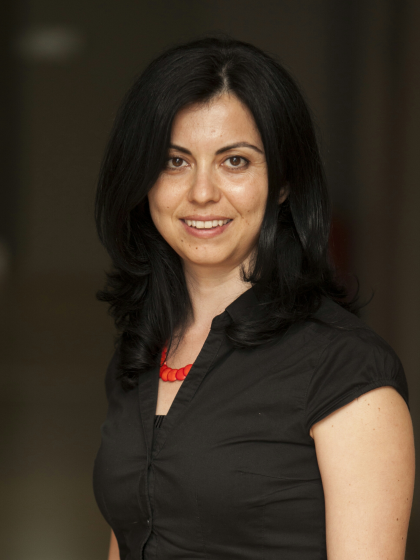
Contact
Functie
Associate Prof.
Vakgebied
Jazz dance history researcher & equality, diversity and inclusion consultant. Research topic: Jazz Dancing Across the Atlantic: exploring the history of Black American jazz dancers in interwar Europe.
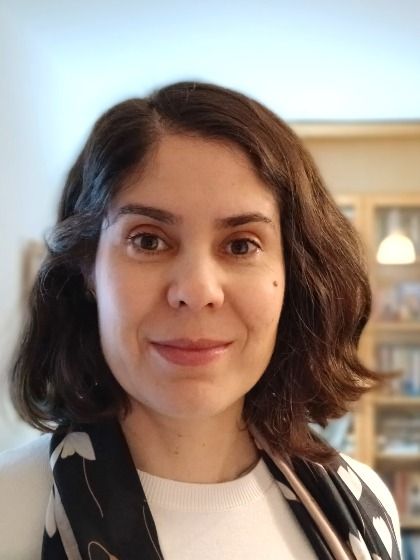
Contact
Functie
PhD student
Vakgebied
Media ecologies, New materialism and Post-humanism, Digital and Environmental humanities, Digital archiving
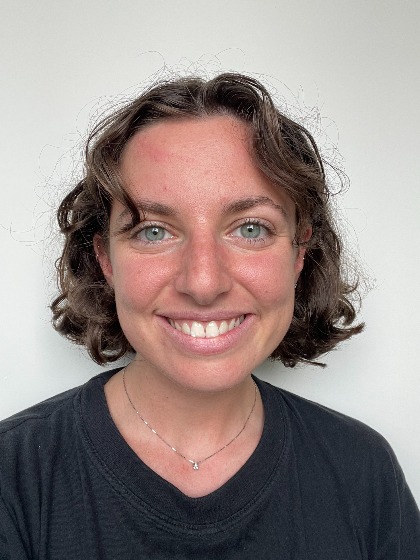
Contact
m.d.denegri rug.nl
Functie
Docent Media Studies
Vakgebied
Long-term human-environment relationships; Indigenous history and archaeology across the circumpolar Arctic; Tuniit (Late Dorset Pre-Inuit) and Inuit culture history; Indigenous knowledge systems; ethnoarchaeology; zooarchaeology; multi-, inter- and... read more
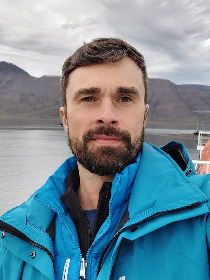
Contact
Functie
Universitair hoofddocent Antropologische Archeologie (met ius promovendi)
Vakgebied
culturele gevolgen van klimaatverandering; Indigenous ervaringen met klimaatverandering; Indigenous ways of knowing
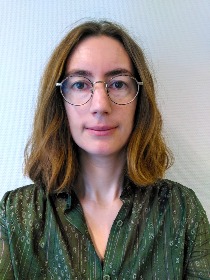
Contact
i.c.van.dijk rug.nl
Functie
PhD onderzoeker
Culturele geschiedenis, Intellectuele geschiedenis, Zuid-Aziatische geschiedenis, Geschiedenis van Brits India, Moderne Duitse geschiedenis, Cultuurwetenschappen
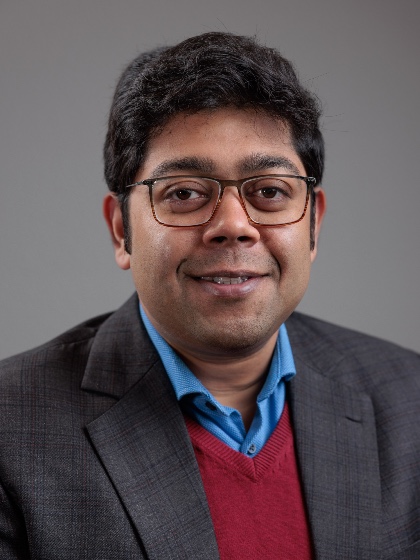
Contact
a.dutta rug.nl
Functie
Docent Europese Politiek en Maatschappij
Vakgebied
Cognitiewetenschappen, Theoretische psychologie, Ontwikkelingspsychologie
Thesis: Cultuur als cognitie. Een nauwkeurige beschrijving, operationalisatie en valorisatie van een nieuwe overkoepelende theorie over de oorsprong van ons menselijk vermogen tot... lees meer

Contact
Functie
PhD student
Arman Eslambolchi is een onderzoeker aan de afdeling Geschiedenis van de Rijksuniversiteit Groningen.
New Media and Digital Culture | Cultural Studies | Social History Studies | Media Studies | Digital Humanities
New Media and Digital Culture | Cultural Studies | Social History Studies | Media Studies | Digital Humanities
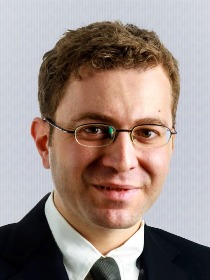
Contact
a.eslambolchi rug.nl
Functie
PhD researcher & Lecturer
Vakgebied
My PhD project “Tracing Repair: Needlework Mending in and Beyond the Museum” researches sites of textile maintenance and care-work taking place around cultural institutions. Blending interdisciplinary studies on early needlework samplers with... read more
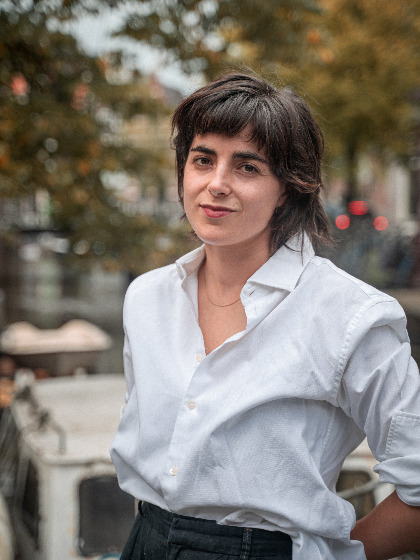
Contact
Functie
PhD student
Dr. E Falade is an Assistant Professor of Popular Music, Sound and Media Cultures. Dr Falade is a Black queer, feminist DJ and ethnomusicologist whose research sits at the nexus between race, gender, sexuality and popular music studies. Dr Falade’s... read more
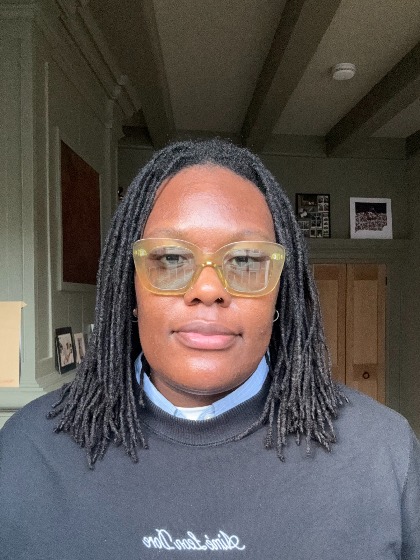
Contact
e.k.o.falade rug.nl
Functie
Universitair Docent Popular Music, Sound & Media Cultures
Vakgebied
Popular music, jazz, American popular song, music & health, and songwriting
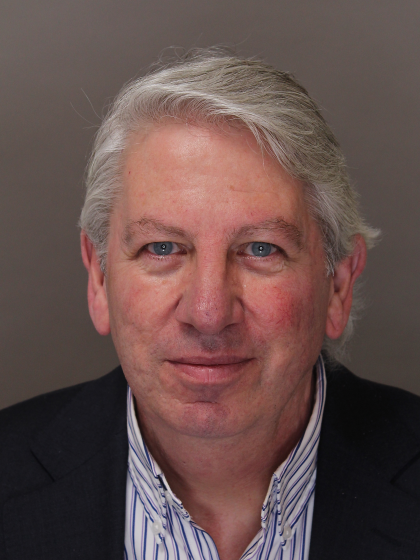
Contact
Functie
Muziekwetenschapper
Vakgebied
Cultural memory; populaire cultuur; moderne Duitse letterkunde en cultuur; cultuur van de Weimarrepubliek; intermedialiteit; intertextualiteit
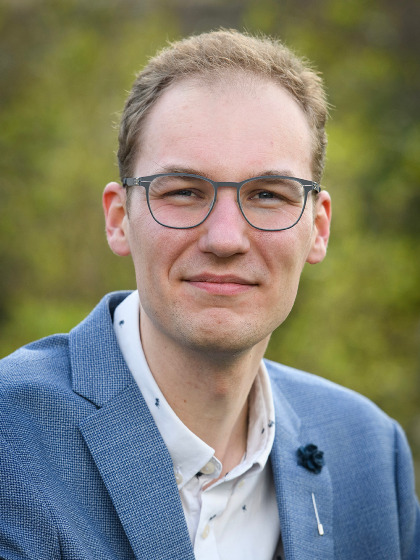
Contact
Functie
PhD student

Contact
j.gallego.benot rug.nl
Functie
PhD student
Vakgebied
Arts and Cognition, Empirical Aesthetics, Arts and Gender, Neuroaesthetics, Philosophy of Art.
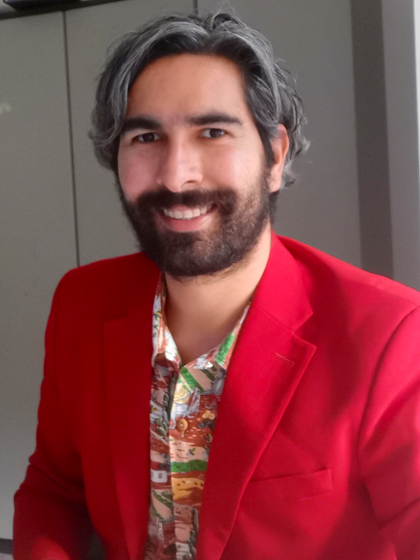
Contact
Functie
PhD student
Muziekwetenschap
Cultuurgeschiedenis
Cultuurgeschiedenis
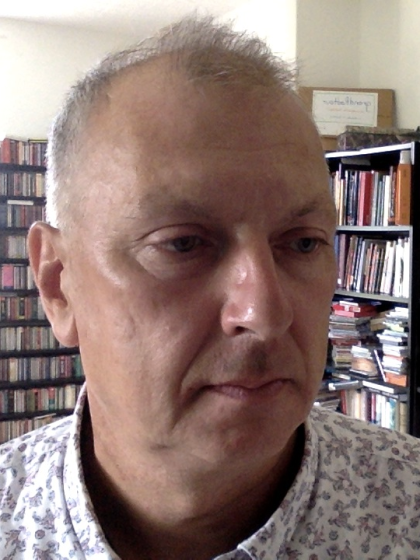
Contact
Functie
Onderzoek
Middeleeuwse Geschiedenis; Cultuur- en Religiegeschiedenis; Human-Animal Studies; Critical Animal Studies; Posthumanisme; Cultureel Erfgoed; Receptie van de Middeleeuwen in Games
Public Engagement
Ontwerp van het educatieve bordspel, Monstrum;... lees meer
Middeleeuwse Geschiedenis; Cultuur- en Religiegeschiedenis; Human-Animal Studies; Critical Animal Studies; Posthumanisme; Cultureel Erfgoed; Receptie van de Middeleeuwen in Games
Public Engagement
Ontwerp van het educatieve bordspel, Monstrum;... lees meer
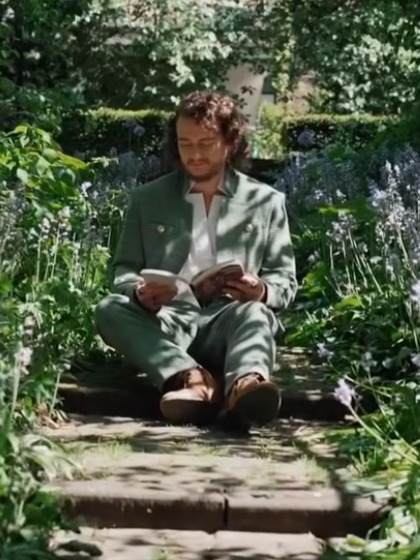
Contact
Functie
Promovendus / Onderwijscoördinator

Contact
f.a.haarsma-wisselink umcg.nl
Functie
PhD student 'betere levens voor mensen met psychose'
Vakgebied
dr. Berber Hagedoorn is Universitair Docent Media Studies & Audiovisuele Cultuur aan de Rijksuniversiteit Groningen. Als media- en cultuurwetenschapper is zij gefascineerd door de verbeeldingskracht van beeld en geluid in het hedendaagse medialandschap.... lees meer
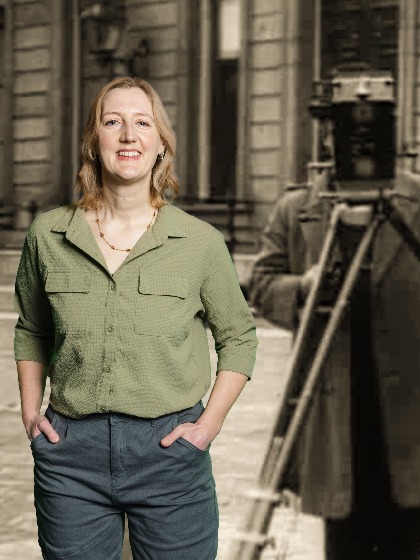
Contact
Functie
Universitair Docent Media Studies & Audiovisuele Cultuur
Historical anthropology; medieval and cultural history; methods and theory; history of ideas, esp. the French intellectual tradition; the relationship between religion and the academic discourse; the relationship between texts and images.
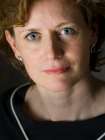
Contact
Functie
universitair docent

Contact
h.l.m.hermans rug.nl
Functie
Depression; anxiety; posttraumatic stress disorder; transdiagnostic variables
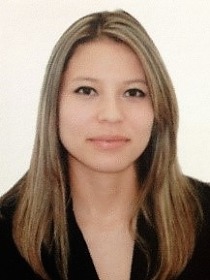
voorstellingstheorie, actuele ontwikkelingen in theater, beoordelingsprocessen en theaterkritiek, theaterbeleid.
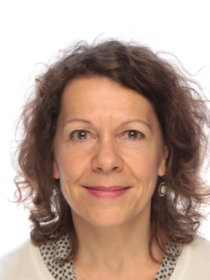
Contact
Functie
docent theaterwetenschap
Cosima Annabelle Hofacker is promovenda aan het Centrum voor Media- en Journalistiekonderzoek van de Rijksuniversiteit Groningen. Onder begeleiding van
dr. Marília Gehrke ,
dr. Eedan Amit-Danhi en
dr. Scott Eldridge II voert zij een vierjarig... lees meer
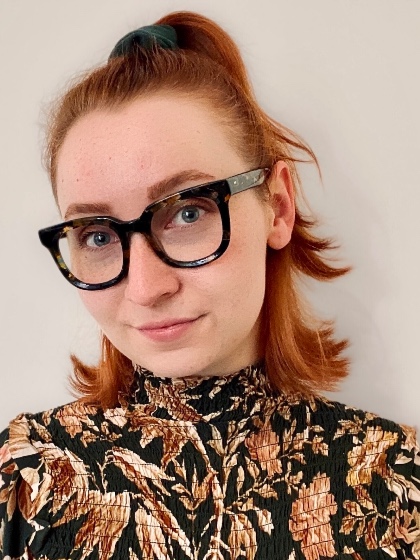
Contact
c.a.hofacker rug.nl
Functie
Promovenda bij het Centrum voor mediastudies en journalistiek
PhD project: "The MacArthur Fellowships and the Making of Contemporary American Literature (2015-2019)" --- Onderzoek naar de politiek van schrijvers die in de jaren 2010 in de Verenigde Staten MacArthur Fellowships wonnen.
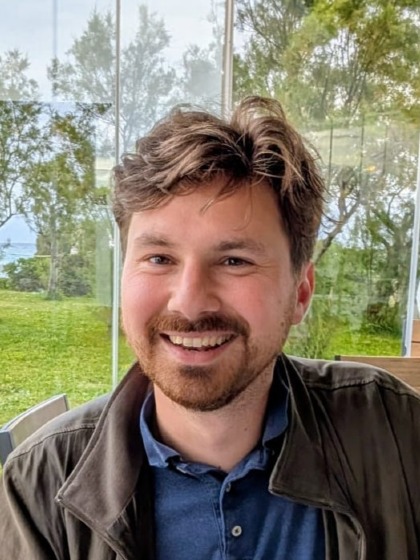
Contact
k.e.hopen rug.nl
Functie
ICOG Funded PhD Candidate 2022-2026
Qian obtained her PhD degree in 2022 from Erasmus University Rotterdam with her project The Assemblage of Social Death: Mapping Digital Vigilantism in China. She was also a visiting scholar at The University of Oxford China Centre in 2024. Qian's research... read more

Contact
qian.huang rug.nl
Functie
Docent
Franse en Franstalige cultuur en literatuur
Populisme in Frankrijk en Nederland
Cultuur en identiteitspolitiek
Gender studies
Populisme in Frankrijk en Nederland
Cultuur en identiteitspolitiek
Gender studies
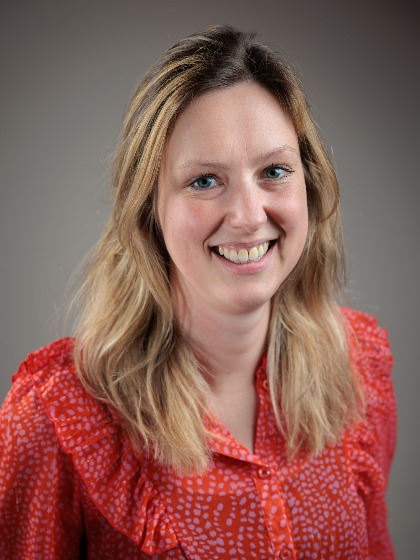
Contact
j.f.jansma rug.nl
Functie
Universitair docent
Scandinavische Letterkunde en Cultuurgeschiedenis
(Trans)gender Studies
Europese vroegmoderne geschiedenis
(Trans)gender Studies
Europese vroegmoderne geschiedenis
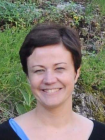
Contact
Functie
Universitair docent
Performance Filosofie
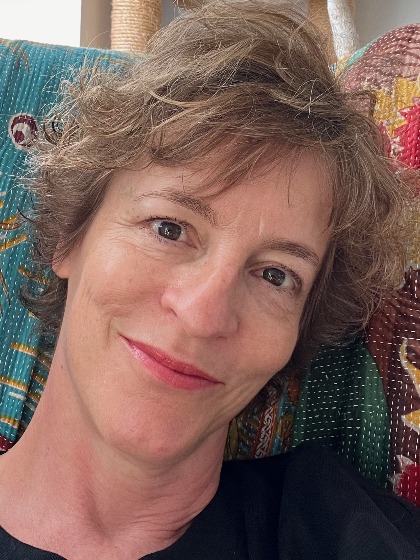
Contact
Functie
Chair of Arts, Society and Culture
Vakgebied
Kritische theorie, esthetica, kunstkritiek, cultuurfilosofie
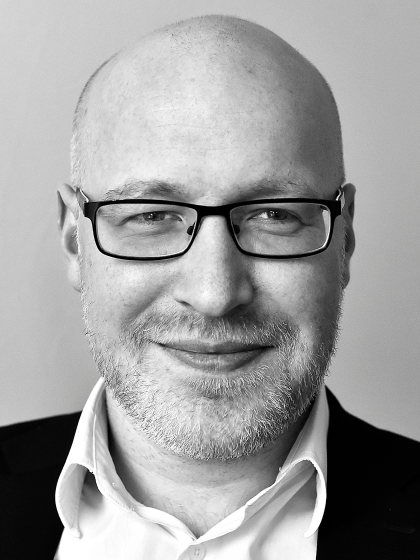
Contact
Functie
Universitair Docent Kunst- en Cultuurfilosofie
Vakgebied
Europese cultuur, Europese crises; culturele productie in tijden van conflict; culturele zelfreflectie; migratie en hedendaagse cultuur; literatuur en film; literatuurtheorie; visuele studies; documentaire film; filmtheorie; sociologie; discourstheorie;... lees meer
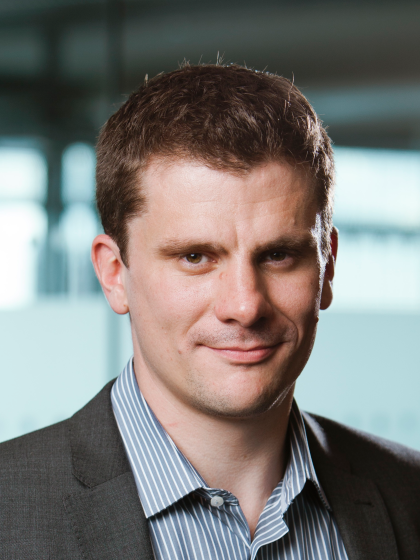
Contact
Functie
Universitair hoofddocent Europese cultuur en literatuur, Directeur Onderzoekscentrum voor de Studie van Democratische Culturen en Politiek (DemCP)
Vakgebied
María Isabel Marín Morales is a Ph.D. Researcher in the Research Theme Group Data Science, Culture & Social Change at Research Centre for the Study of Democratic Cultures and Politics (DemCP, RUG) and belongs to the Chair group European Culture and... lees meer
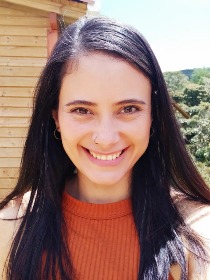
Contact
Functie
PhD student
history of modern and contemporary architecture and urbanism / international transfer of urban and typological models / non-western regions / Bildung through Architecture and place making / post-conflict and - trauma urban renewal.
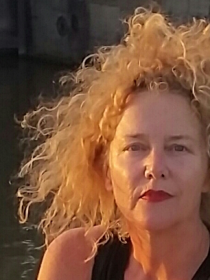
Contact
Functie
Universitair Hoofddocent
Coloniality/Decolonialism
Latine politics
Mexican American history, culture and politics
Religion in American culture and politics
The U.S.-Mexico borderlands
U.S. Catholic history
U.S.-Mexico relations
Latine politics
Mexican American history, culture and politics
Religion in American culture and politics
The U.S.-Mexico borderlands
U.S. Catholic history
U.S.-Mexico relations
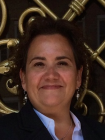
Contact
Functie
Assistant Professor of American Political Culture and Theory
Vakgebied
Political, social and cultural history of 20th century France and Spain; history, politics and theory of the (European) Left; French and Spanish politics; French and Spanish culture; political theory, particularly ideas regarding violence and non-violence.
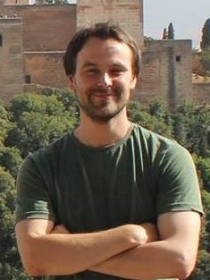
Pop Muziek, Jazz, Jazz in Film
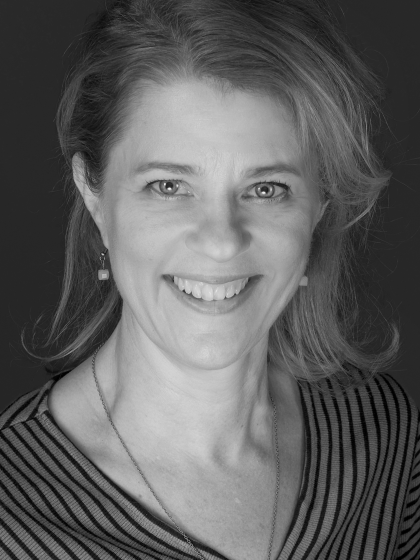
Contact
Functie
Senior Lecturer in Popular Music and Jazz Studies
Modern English literature, print culture, book history, periodicals, publishing studies, typography, literary modernism, nationalism, James Joyce, popular and genre fiction, contemporary romance, fanfiction, fictional adaptation and appropriation,... lees meer
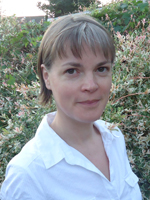
Contact
t.d.mecsnober rug.nl
Functie
Universitair docent
media industries, cultural studies, creator labor, gender studies, feminist studies
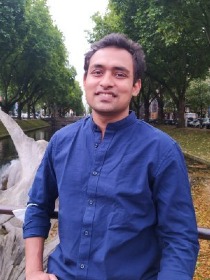
Decoloniality
Theory from the South
Media & National Identity
Digital & Emerging Media
Video Games
Media Theory
Critical Race Theory
Decolonial Ecopolitics
Theory from the South
Media & National Identity
Digital & Emerging Media
Video Games
Media Theory
Critical Race Theory
Decolonial Ecopolitics
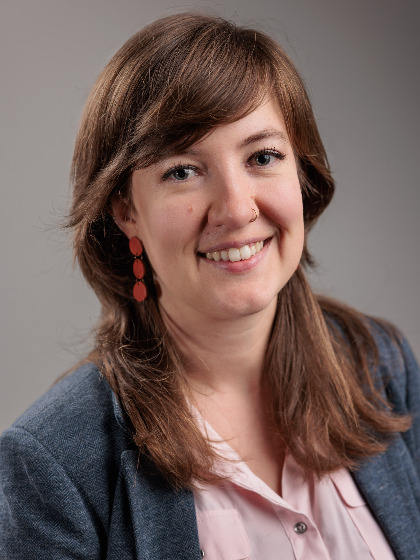
Contact
Functie
Lezen in de gevangenis, kwantitatief onderzoek naar leeservaring, Gevangeniswezen Zuid-Amerika, Spaanse en Latijns-Amerikaanse Literatuur, literaire representatie van marginale groepen, Vroegmoderne Stadsgeschiedenis (i.h.b. Madrid), Microgeschiedenis
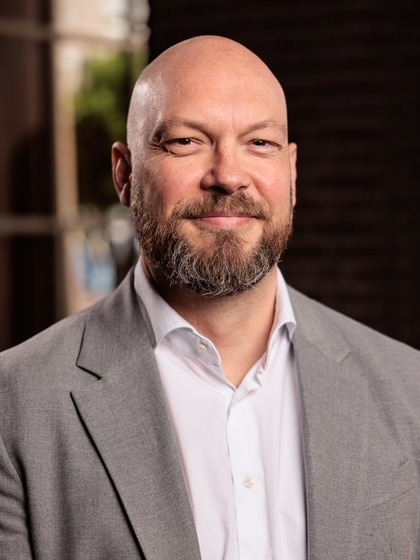
Contact
Functie
Vice-decaan Faculteit der Letteren / Universitair Hoofddocent Europese Cultuur en Literatuur
Narratologie, storytelling
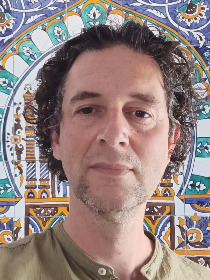
Contact
Functie
Universitair docent
Vakgebied
Art History of China, predominantly from the sixteenth century onwards; early and modern Chinese history; archaeology and material culture of China/East Asia; early and modern printing systems, including photography in China and Japan; classical... lees meer
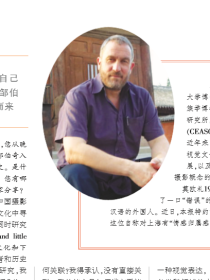
Contact
Functie
Hoogleraar Chinese taal & cultuur
Vakgebied
Esteban Morales is an Assistant Professor in Media and Digital Cultures at the Centre for Media and Journalism Studies. Esteban’s research area is widely concerned with the (social, cultural, and technological) processes by which citizens and communities... read more
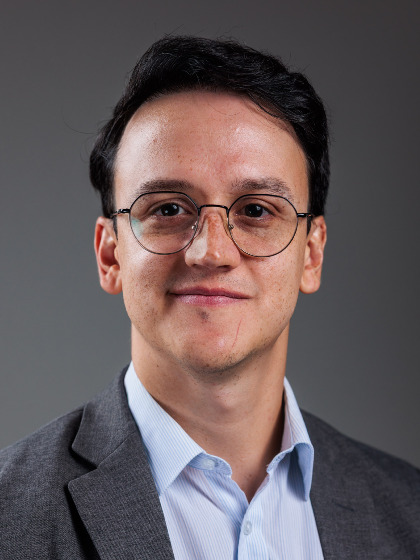
Indian Studies, Textual Studies, Performance and Ritual in South Asia
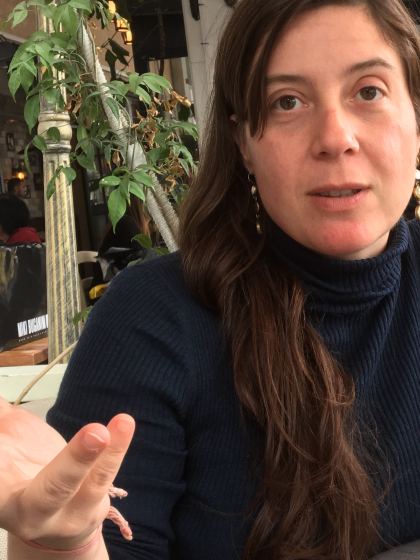
Contact
e.mucciarelli rug.nl
Functie
Assistant Professor for Hinduism in the Sanskrit Tradition - Gonda Lecturer
Vakgebied
Arctic Archaeology & Heritage, Museum studies, Decolonisation and Postcolonial studies, Cultural Memory & Storytelling, Indigenous Research Methodologies
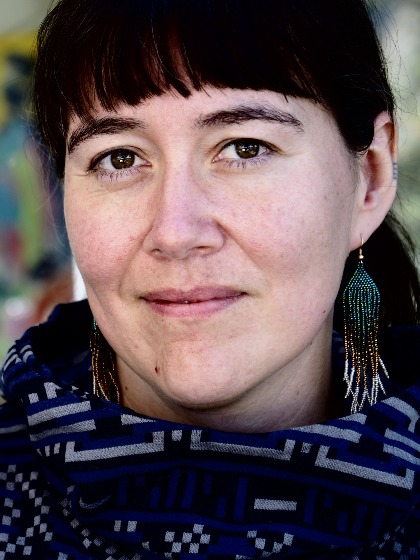
Migratie, jongeren en erfgoed, met bijzondere aandacht voor de manier waarop migratie lokale identiteiten en het gevoel van verbondenheid in perifere regio's hervormt.
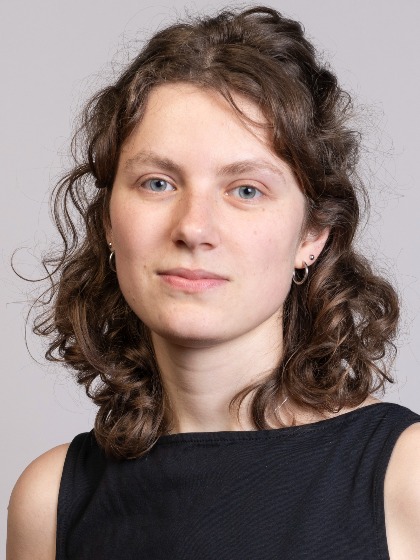
Critical European Studies Politics of Built Environments Citizenship/Migration/Engaged Research and Pedagogy See "Projects" for research collaborations and PhD supervision
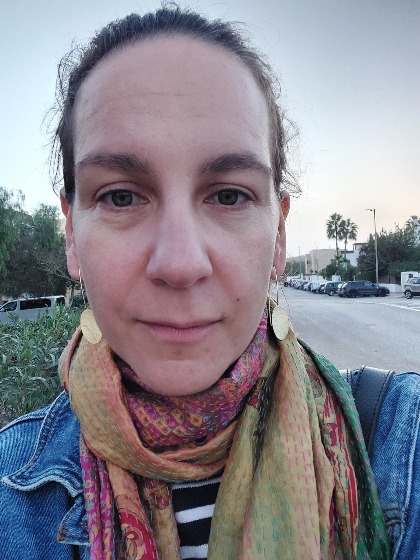
Contact
Functie
Associate Professor
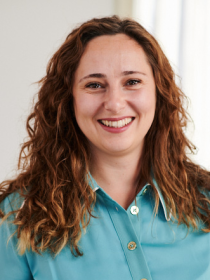
Contact
a.nistor rug.nl
Functie
Cultural Sociology
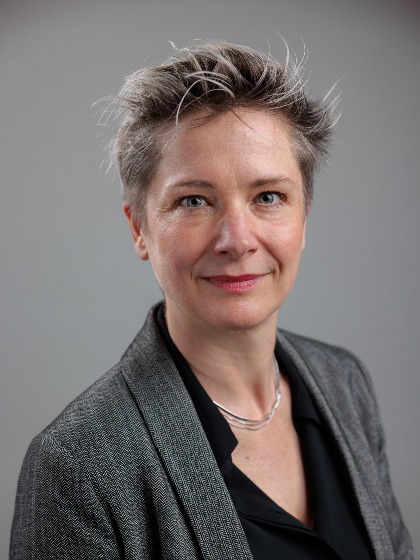
Contact
Functie
Universitair Docent Cultuursociologie
Projectmanagement, community engagement
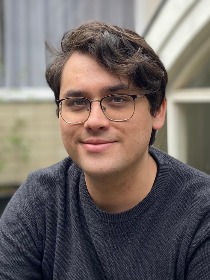
Contact
Functie
Project Manager Erkennen en Waarderen van Open Science
Vakgebied
Robert Prey is a media scholar who studies the relationship between technology, capitalism and culture. Dr. Prey's research and writings focus on algorithmic recommendation systems and the interdependent processes of ‘datafication’ and ‘platformization’.... read more
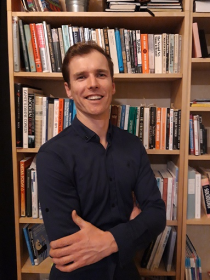
Contact
Functie
Assistant Professor
Architetcure and Landscape Architecture
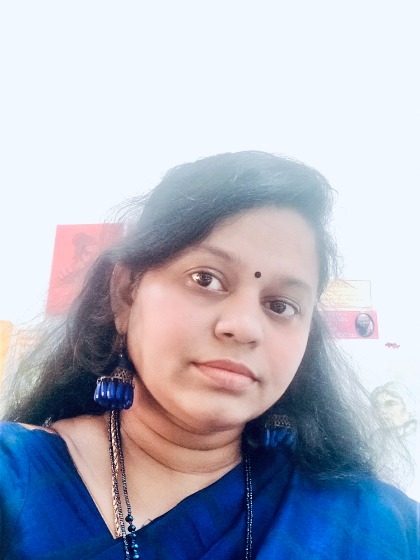
Contact
Functie
PhD student
Vakgebied
Digital Humanities, GIS & spatial analysis; maritime archaeology
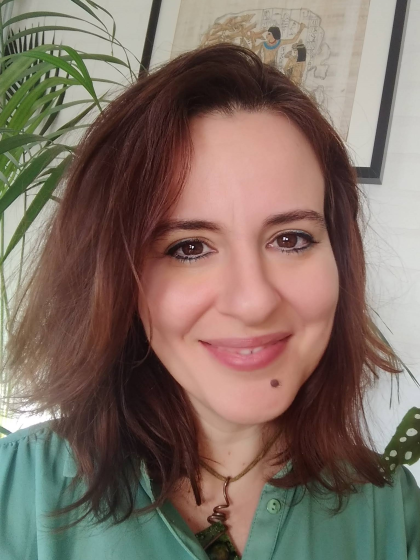
Contact
m.ritondale rug.nl
Functie
Postdoctoral Research Associate
Contemporary Russian/Russophone literature and film
Postcolonial literatures and theory
Memory studies
Postsocialist and postcolonial studies
South African literature and culture
Postcolonial literatures and theory
Memory studies
Postsocialist and postcolonial studies
South African literature and culture
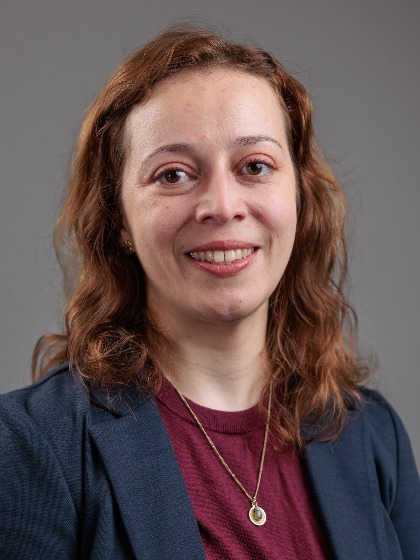
Contact
k.robbe rug.nl
Functie
Universitair docent 1
Docent research methods; probleemgestuurd onderwijs; wetenschapscommunicatie en public engagement; genAI; arbeidssociologie; sociale identiteit en samenwerking

Contact
Functie
Docent, afstudeercoördinator
Sabina is an Assistant Professor of Cultural Heritage at the University of Groningen, serving the multi-disciplinary faculty of Campus Fryslan.
She is a laureate of the prestigious MSCA Postdoctoral Fellowship. Her project “Transformation of Female... lees meer
She is a laureate of the prestigious MSCA Postdoctoral Fellowship. Her project “Transformation of Female... lees meer

Contact
s.rosenbergova rug.nl
Functie
Assistant Professor of Cultural Heritage & Marie Curie Fellow
postcolonial theory, diaspora studies, memory studies, life writing, Middle East studies

J.D. Schnepf's current research focuses on the literature and culture of the US security state, surveillance technologies, extractive infrastructures, domestic labor, and the War on Terror. Her writing has appeared and is forthcoming in academic journals... read more
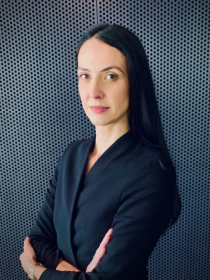
Memory Studies
Platform Studies
Critical AI Studies
Media Theory
Platform Studies
Critical AI Studies
Media Theory
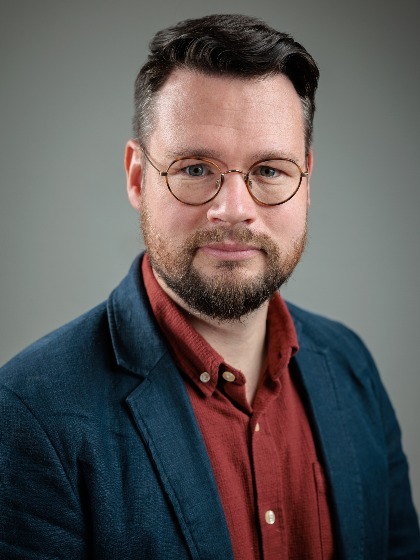
Contact
Functie
Universitair Docent Media Studies
Latin American Literature and Art
Global Modernism
Literary Theory
Global Modernism
Literary Theory
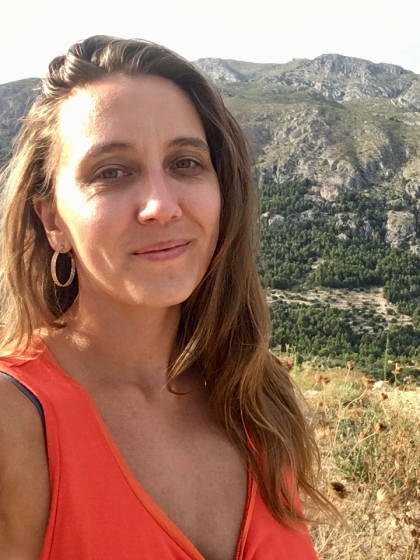
Contact
c.g.sutherland rug.nl
Functie
Universitair Docent 2
International comparison studies, Inclusive Education, children's social and emotional development, qualitative research
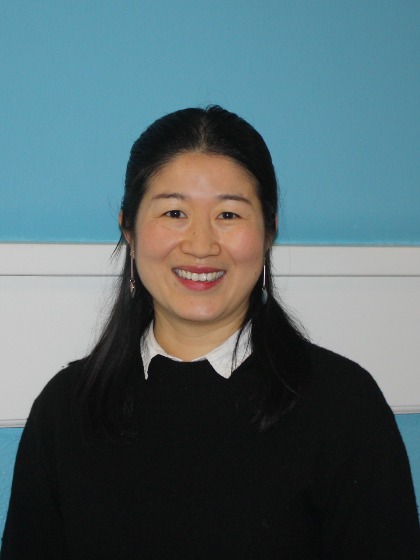
Contact
r.tan rug.nl
Functie
Assisant Professor
Hossein Tavazoni-Zadeh is a theatremaker and a PhD candidate at the University of Groningen. His research and creative productions primarily explore the sense and memory of place in film and performing arts, examining the socio-cultural dynamics through... read more

Contact
Functie
PhD student
American Studies
Colonial America
The American Revolution
The Early American Republic
The US South
The early modern Atlantic World
Ethnicity, national identity, and race
Colonial America
The American Revolution
The Early American Republic
The US South
The early modern Atlantic World
Ethnicity, national identity, and race
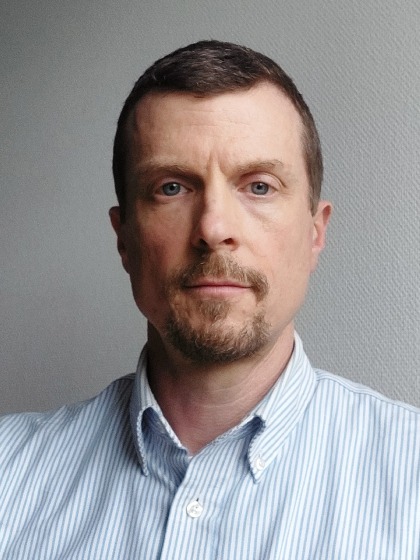
Contact
Functie
Universitair Docent
Global Popular Music; Critical Theory and Cultural Studies; Theories of Voice and Vocality; Pastiche, Mimesis, and Representation; Experimental Music; Film Music and Sound; Sound and Mobile Music Studies
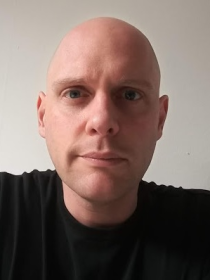
Contact
Functie
Universitair Docent, Populaire Muziek
Vakgebied
Franse en Franstalige contemporaine Literatuur en Cultuur; Canadese Studies; Representatie van ruimte in de contemporaine roman in Québec; Frans-Iraanse vrouwenliteratuur; Migranten en Minderheidsliteraturen; Gender Studies; Identiteit en ballingschap;... lees meer
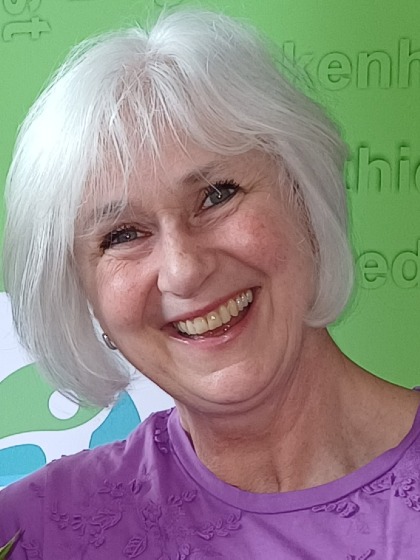
Contact
Functie
Universitair Docent / Directeur Centrum voor Canadese Studies
Pablo Valdivia is Chair-Full Professor of European Culture and Literature (University of Groningen), Director Groningen Research Institute for the Study of Culture ICOG (University of Groningen), Accreditated Full Professor [Catedrático Universidad] of... read more
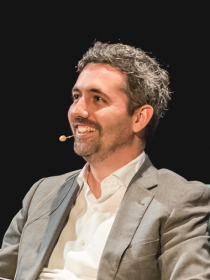
Contact
p.valdivia rug.nl
Functie
Als promovendus doe ik onderzoek naar Nedersaksisch immaterieel erfgoed. Wat beschouwen mensen in het Nedersaksische gebied als hun erfgoed, wat betekent dit voor deze mensen, en wat zegt dit over ons bredere begrip van erfgoed? Erfgoed geeft ons namelijk... lees meer
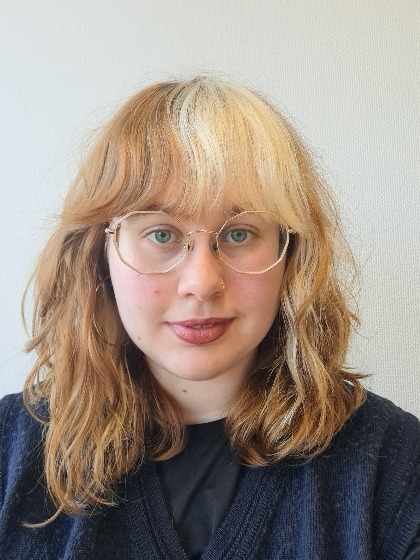
Contact
Functie
PhD Candidate
Vakgebied
Dr. Pieter Verstraete holds a PhD degree in the Humanities from the Department of Theater Studies and the Amsterdam School for Cultural Analysis of the University of Amsterdam. His expertises are in Theatre and Performance Studies, Sound and Audio Culture... read more
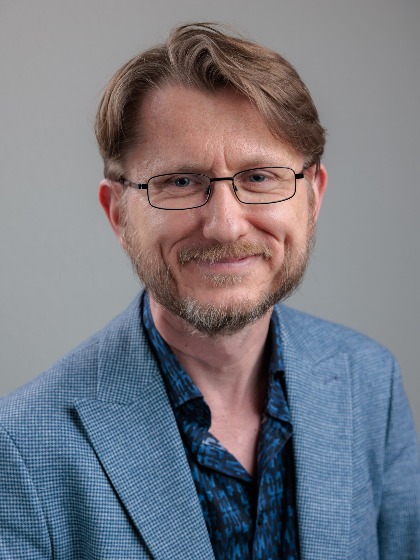
Contact
Functie
Ass. Prof. in Arts, Culture and Media
Recht van de Europese Unie, cultuur, gereguleerde markten, audiovisuele sector, staatssteun, sport
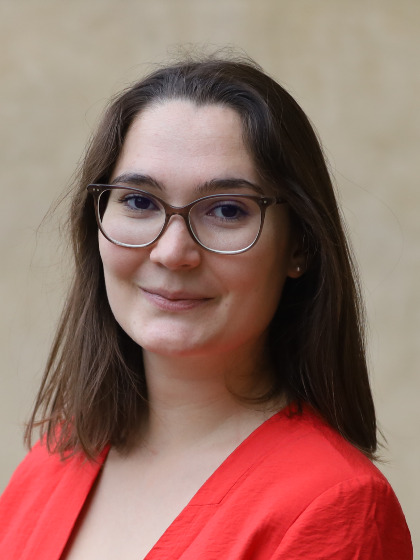
Contact
a.a.villanueva rug.nl
Functie
Universitair Docent
Visser is a member of the Dutch Literary Society (Maatschappij der Nederlandse Letterkunde); member of the Royal Dutch Society of Sciences (Koninklijke Hollandsche Maatschappij der Wetenschappen); member of the Deutscher Germanistenverband-Gesellschaft für Hochschulgermanistik and member of the Netherlands Graduate School for Literary Studies (OSL).
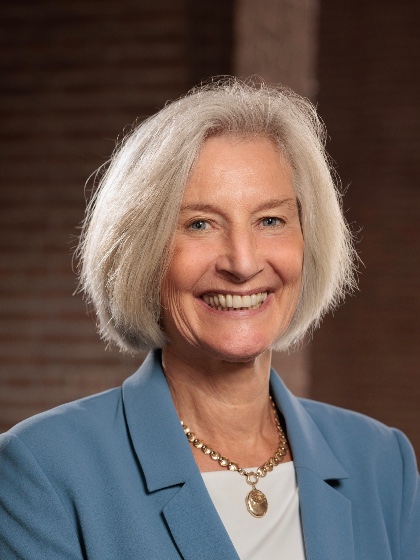
Contact
Functie
Decaan Faculteit der Letteren/Hoogleraar Moderne Europese, i.h.b. Duitse, Literatuur en Cultuur
Institutionele benadering van de moderne Nederlandse letterkunde, jeugd- en Y.A.literatuur, professionalisering en internationalisering van het literaire veld, leescultuur, uitgeverijonderzoek en boekwetenschap.
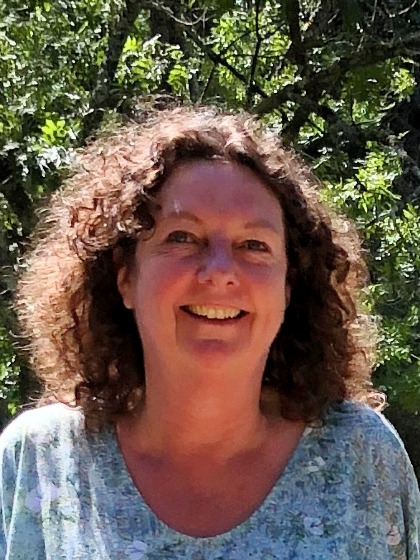
Contact
Functie
Universitair docent
toxicity, ecocriticism, time studies, nuclear aesthetics, cultural analysis, the body
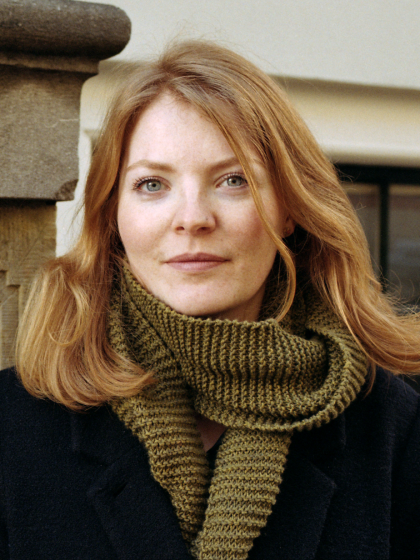
Contact
r.e.de.vos rug.nl
Functie
Lecturer
Educational Developer; Trainer
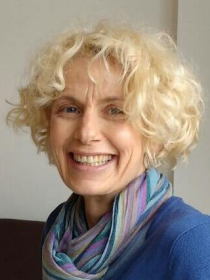
Contact
Functie
Educational Developer / Grant Advisor / Trainer
Vakgebied
Strategisch en internationaal management; management van kunstorganisaties en van culturele industrieën; cultureel ondernemerschap
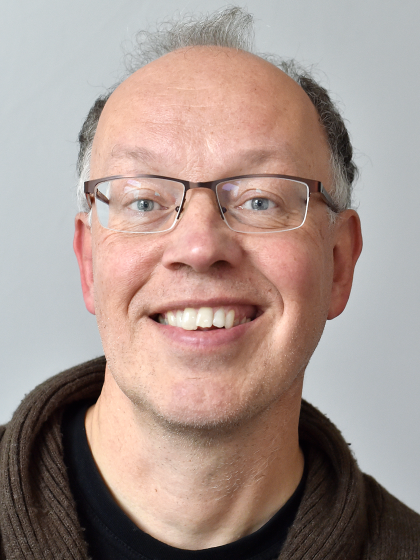
Contact
Functie
Docent bij de opleiding International Business
Postcolonial European cultural identity, South African culture, the Afrikaans literary field and the public sphere. Transnational cultural production. Interdisciplinary project-based education.
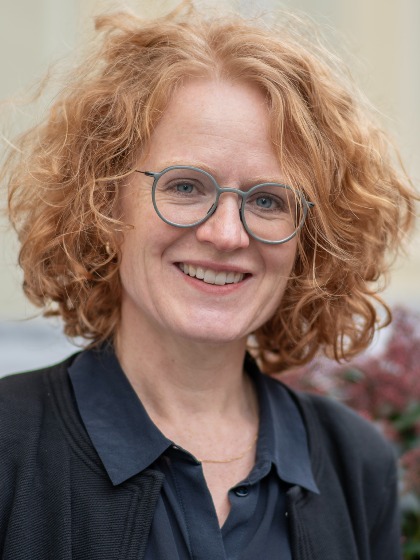
Contact
Functie
Associate Professor and Director of Studies Erasmus Mundus Master Euroculture: European society, culture, and politics in a global context. Also Endowed Chair of South African literature, culture and history (University of Amsterdam)
Research Topic: The dynamics of territorial networks in ‘Culture-led Village Revitalisation’ in China: Towards more inclusive and collaborative Endogenous Rural Development
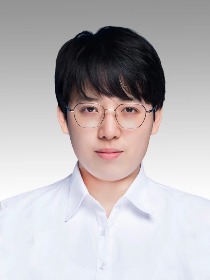
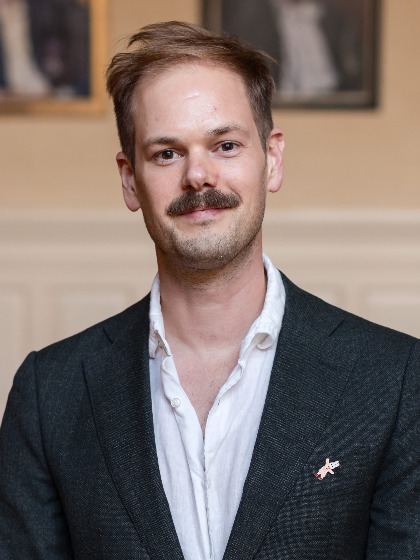
Contact
lars.de.wildt rug.nl
Functie
Assistant Professor Media Studies
philosophy of technology; aesthetics; philosophy of design; political philosophy
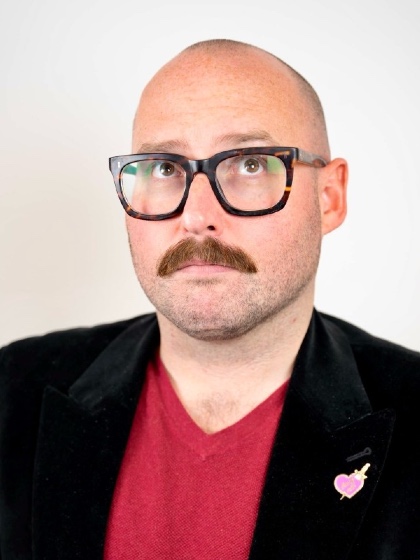
Contact
r.m.wittingslow rug.nl
Functie
Adjunct Fellow
Vakgebied
Onderzoeker bij het Kennisplatform Leefbaar en Kansrijk Groningen, dat kennis en onderzoek verzamelt en deelt dat relevant is voor sociaal-maatschappelijk beleid in het Groningse gaswinningsgebied. Het Kennisplatform stimuleert samenwerkingsverbanden om... lees meer
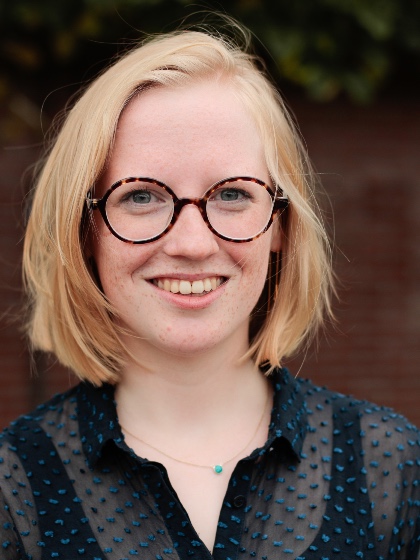
Contact
Functie
Onderzoeker Kennisplatform Leefbaar en Kansrijk Groningen
Regionale identiteit, Nedersaksische geschiedenis en cultuur, Amerikaanse politiek, Amerikaanse geschiedenis, geschiedenis van het Amerikaanse Zuiden, Amerikanistiek, Southern Studies, rurale geschiedenis.
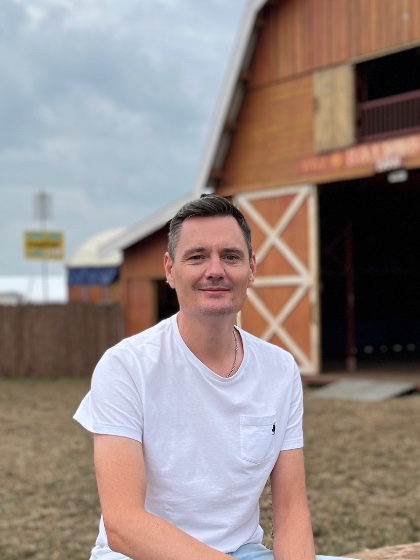
Contact
m.zwiers rug.nl
Functie
Universitair docent
Vakgebied
View this page in: English
